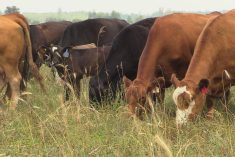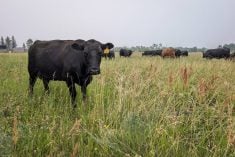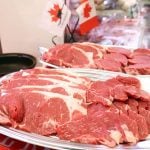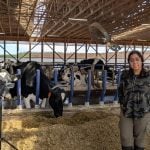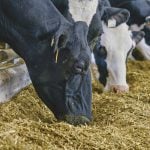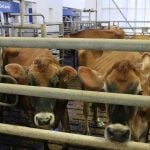Quebec and Ontario are urging the federal government to change up its negotiating strategy and mount a strong defense of supply management for a new World Trade Organization agreement on agriculture.
In a statement Monday, Ontario Agriculture Minister Leona Dombrowsky and her Quebec counterpart, Laurent Lessard, warned that a newly revised modalities text for a WTO agriculture agreement, put forward last week by WTO ag negotiations chairman Crawford Falconer, “continues to fall far short
of the necessary protections needed for Canada’s supply-managed industries,
which includes the dairy, poultry and egg sectors so vital to the farm
Read Also
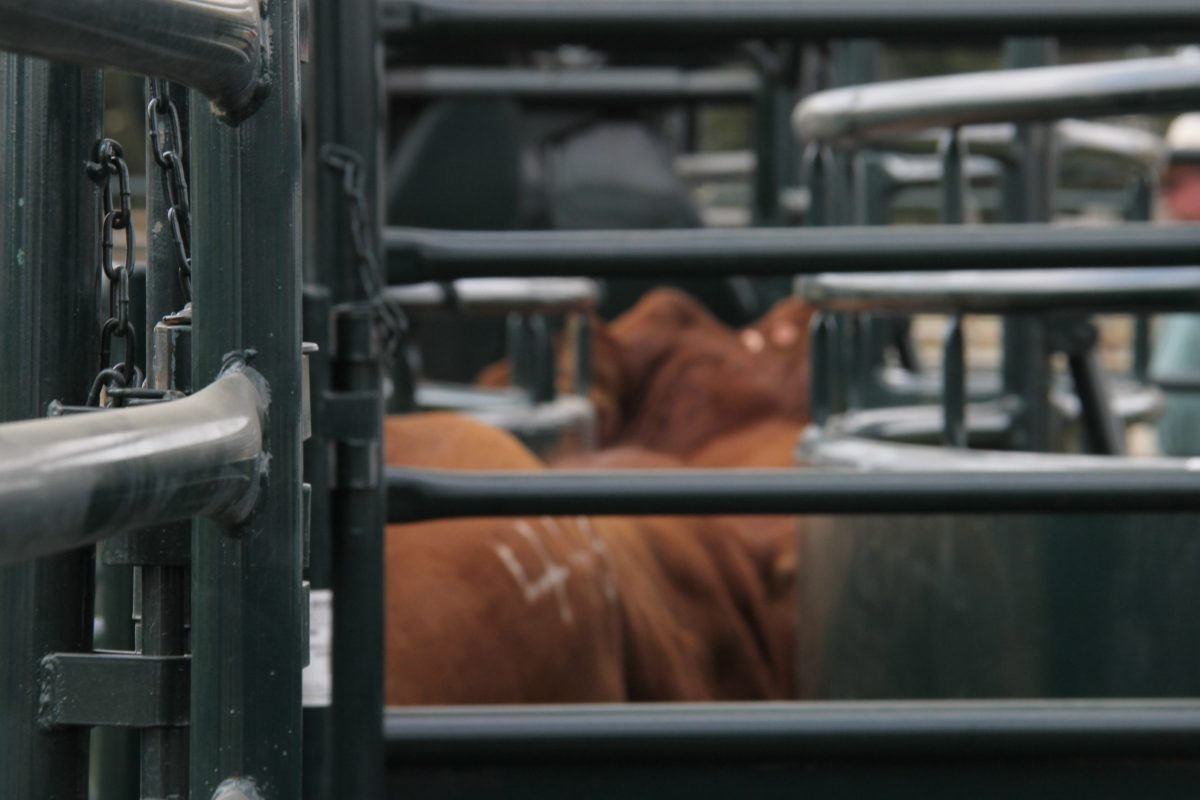
U.S. livestock: Feeders continue to fall; live cattle level out
Chicago live cattle futures leveled out to finish on either side of unchanged, Tuesday, after days of precipitous declines. Feeders…
“With the revised text released on Friday of
last week, it now seems obvious that technical negotiations will not offer
Canada the flexibility necessary to accommodate supply management,” the two ministers said in their joint statement.
“At this critical point in the WTO talks, federal leadership is required
to ensure a fair and balanced outcome,” Dombrowsky said.
“It is becoming urgent that the federal
government get tangible results from the WTO, as it has repeatedly promised it
would to provincial governments and dairy, egg, and poultry producers,” Lessard said.
The text released Friday by Falconer, a New Zealand ambassador, came under criticism that day from representatives of Canada’s supply-managed commodity groups as well as from Agriculture Minister Gerry Ritz, who also said the text looks promising for Canada’s ag exports.
The commodity groups, in a letter to Ritz and Prime Minister Stephen Harper on Monday, reiterated their view that “for Canadian
dairy, egg and poultry producers, this text is a potential agreement that
would devastate supply management and bring significant economic turmoil to
these agricultural industries.
“The Canadian government, once again, indicated
that it could not support this text, which did not recognize Canada’s
commitment to maintain supply management programs in the dairy, egg and
poultry sectors,” the groups wrote to Harper and Ritz.
Commitment questioned
The groups told Harper and Ritz that their “commitment to supply management is often questioned, both domestically and internationally, by those who believe that Canada will sign a WTO agreement when a deal is generally agreeable to most other WTO
members.
“Such distrust is often fuelled by the dichotomy that exists between the government’s domestic actions and the progress portrayed in the negotiations in Geneva.”
The WTO, in a statement Friday, had stressed that the revised modalities text did not contain Falconer’s own recommendations or views on what would be “good” for global ag trade, but was his view of what WTO member governments might be able to agree to.
Supply management covers the dairy, chicken, turkey, and table and
hatching egg sectors in Canada. About 67 per cent of supply-managed farm revenue in Canada, worth about $4.8 billion, comes from Québec and Ontario, the two governments noted in their release Monday.
Domestic dairy, egg and poultry groups had said Friday that Falconer’s text on sensitive products “treats such products more harshly than ever” and federal negotiators will have to work to ensure all supply-managed products are included in the sensitive products category, without having to pay an additional cost.
“The government must also negotiate to make certain there are no reductions to over-quota tariffs for sensitive products and no increases in market access” by foreign products, the groups said.
“Clearly, Mr. Falconer is not listening and the Canadian government must work to ensure the Canadian position is reflected in the final
agreement,” they wrote Monday.



